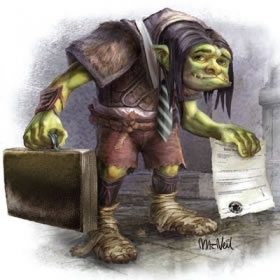Non-practicing entities (better known as patent trolls) have cost companies approximately half a trillion dollars in recent decades, according to Boston University researchers. After gauging tangible costs such as legal expenses and settlement payouts, James E. Bessen, Mike J. Meurer and Jennifer Laurissa Ford concluded that patent trolls such as Rambus have sucked about $500 billion out of innovating defendants since 1990.
That figure only includes publicly-traded companies it was derived by measuring stock market events. The theory is that if a firm's stock drops by a certain percentage following news of a lawsuit, that's how much the market believes the company will lose. Investors respond to litigation by lowering their earnings expectations, which reflects costs directly associated with the suit, lost business, settlement fees and so on.
This calculation excludes indirect expenses, such as employee distraction, legal uncertainty and cash spent on redesigning products. It also isn't precise because a company's share price can be affected by an endless number of variables, but the researchers used a large sample and they believe such factors should mostly cancel each other out. The study was performed with 1,630 suits against 4,114 defendants.
Unfortunately, the practice of patent trolling has grown more popular recently. It's estimated that for the last four years, defendants have lost about $83 billion per year. That's over $330 billion of the total sum and more than 25% of what the US spent on research and development in the same duration. Software patents represented 62% of the lawsuits, 6% involved mechanical patents, while only 2% were drug or chemical-related.
